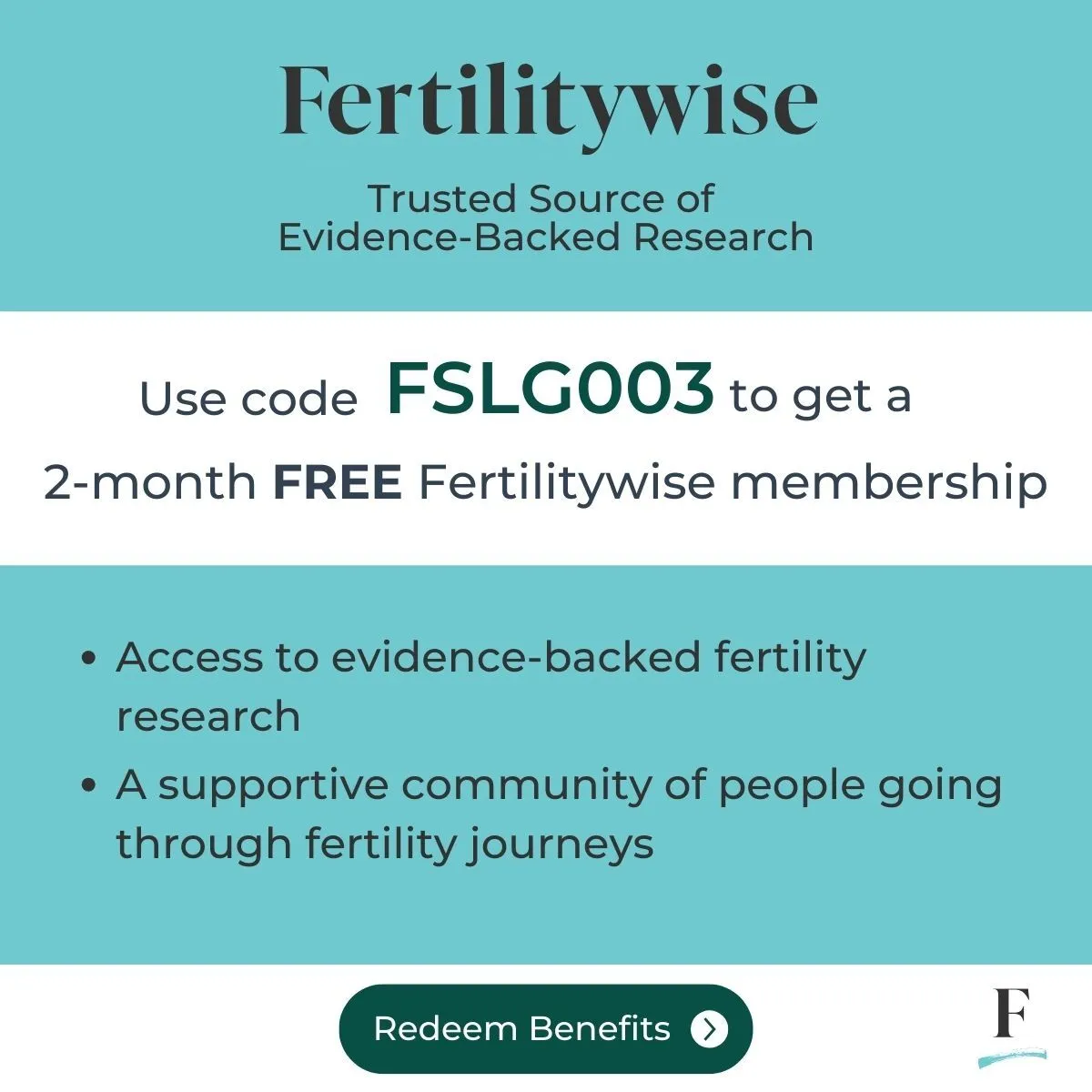Issues regarding sexual orientation and gender identity continue to force changes to national laws pertaining to fertility and surrogacy. California has some of the most inclusive laws in the country, and it has unique laws that protect people who live out of state. Unfortunately, they don’t apply to all facets of fertility and surrogacy services.
California surrogacy law
In many states, same-sex couples and transgender people face momentous challenges to becoming legal parents of children born through surrogacy. Some states, like Michigan, don’t allow for commercial surrogacy at all. Others force non-biological parents to go through a lengthy and expensive adoption process. In other states, like California, the pathway to parenthood is as easy as possible.
California’s Uniform Parentage law is especially unique in that it protects parents and surrogates within the state of California, as well as anyone who signs a surrogacy contract within the state.
Addressing fertility and surrogacy access for LGBTQ+ couples
More employee benefits packages are covering fertility treatments for people who need them. That caveat causes headaches for the gay community. Insurance companies approve fertility treatments for employees or their spouses once there’s proof a woman needs IVF or surrogacy to conceive by trying and failing to get pregnant through different, more affordable types of treatment. Gay men have no way of doing that.
That’s exactly why a former New York City attorney sued his employer under Title VII of the Civil Rights Act. In a lawsuit filed in New York, the gay man claimed he was discriminated against when his employer’s insurer denied his claims for surrogacy support.
Gay, lesbian and transgender people have a right to parenthood. While the laws in California go a long way, they’re not perfect. If you run into an obstacle when trying to start your family with the help of a surrogate, a lawsuit may be the quickest remedy to obtaining the services you need.

